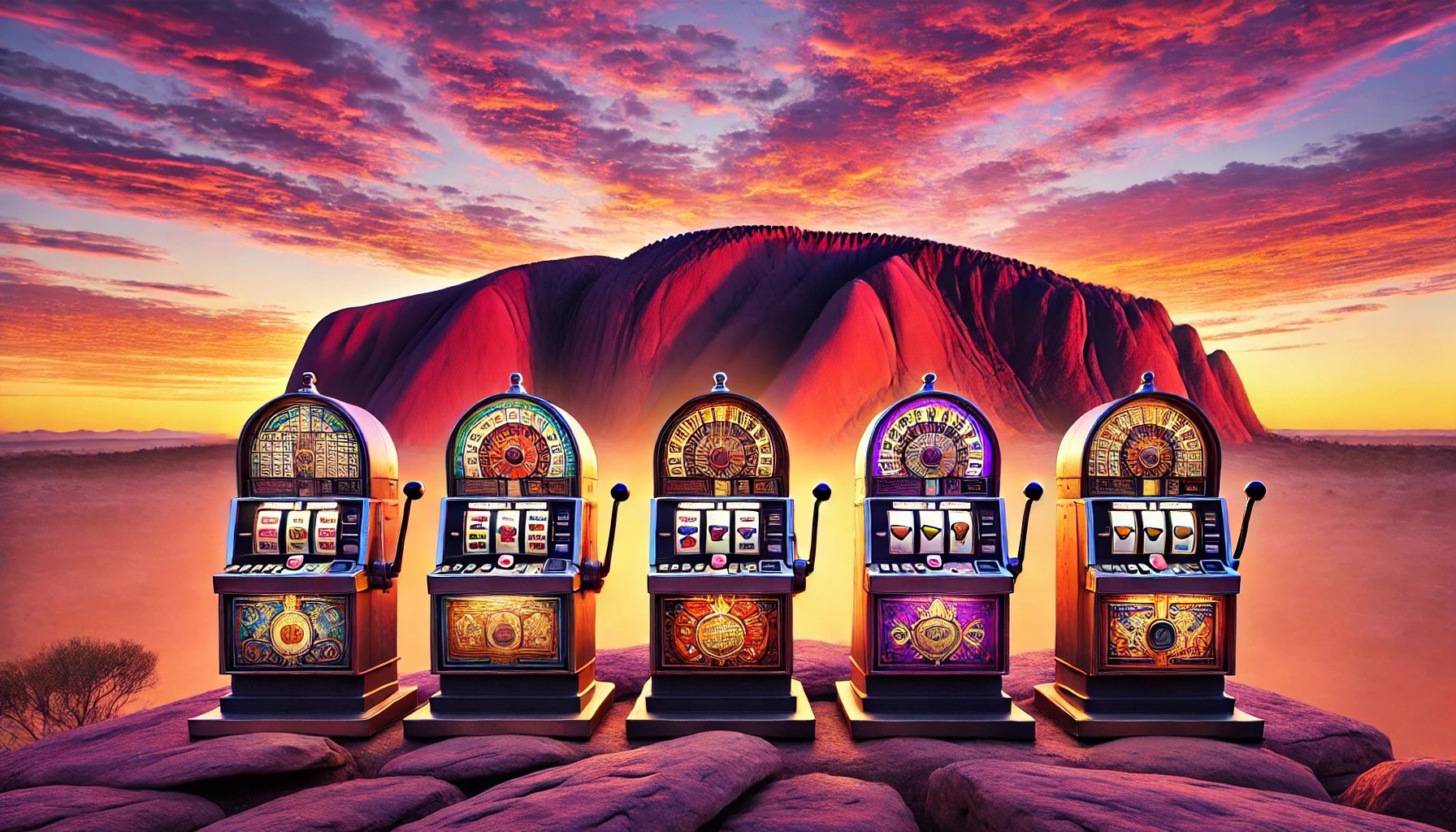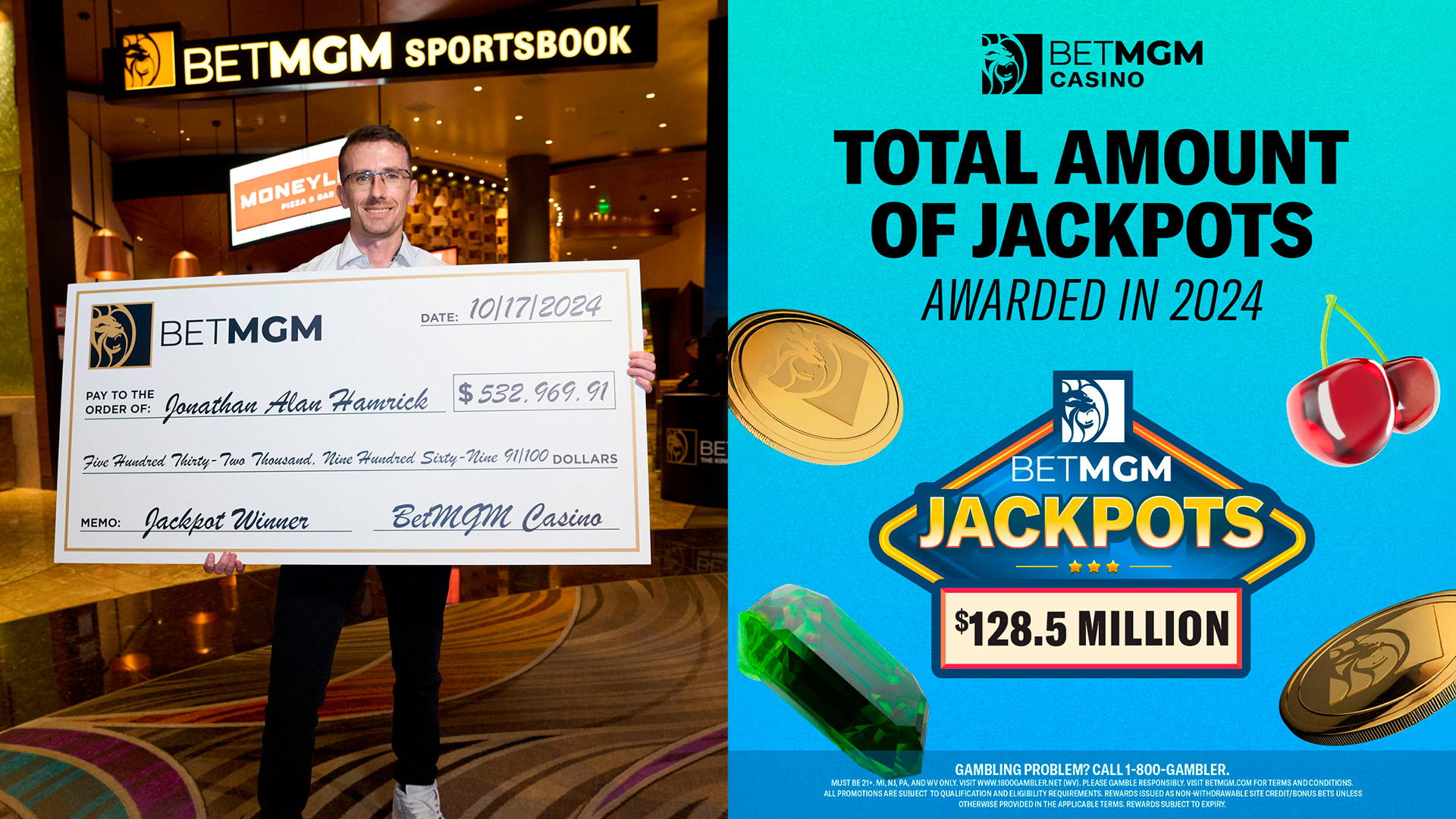Gambling
Gambling Elements in Top Video Games: To Ban or Not to Notice? – Our Culture

Five years ago, the video game industry was shaken by a loud scandal. Naturally, it was Rockstar Games causing the commotion, and again, it was GTA. This time, the issue wasn’t the usual suspects of violence, crime promotion, and blatant non-political correctness – these are familiar territories for the GTA series. What stirred up cautious users and, more importantly, parents of gamers was the introduction of a casino in the online version of GTA V, known as GTA Online.
Puritanically-minded users and their families protested by uninstalling the game in droves, demanding refunds. Yet, this only fanned the flames of the expansion’s popularity, with online gameplay seeing an unprecedented surge in visitors.
Diamond Casino in GTA Online: From Entertainment to Scandal
Diamond Casino became one of the most significant updates to GTA Online. It was introduced as a new lobby for players where they could engage in gambling, buy luxury items, and even own a penthouse with a long criminal backstory tied to complex missions that required cooperative play. This update introduced new missions, vehicles, and the ability to manage property issues. Plus, the expansion’s narrative was filled with humorous dialogues and, overall, critiqued the state of business in America at the time.
And of course, this casino could be robbed in several ways, requiring meticulous preparation and smart execution of the heist itself.
But the real issue was the presence of mini-games reminiscent of those found in every online casino in the real world, like Wildwild casino. In the game, players used in-game currency, but there were associated microtransactions where real money could be spent on “credit cards.” Thus, players indirectly paid for these gambling simulations with real cash. Yes, winnings from Diamond Casino couldn’t be withdrawn from the game. However, they allowed players to purchase properties, cars, weapons, clothes, and other items in-game. If a player won big in the casino, they could buy something without injecting real money into the game, essentially saving or even making a profit. Formally, winnings in Los Santos’ casino enabled players not to spend money in the real world.
Political Storm Over a Virtual Wheel of Fortune
This situation sparked legal debate and reached the senators. There were calls to ban the game, shut down online services, and fine Rockstar. However, the company had its defenses, resulting in the game being condemned for promoting gambling among children. Rockstar pointed out that the game was rated PEGI 18 (ESRB M), meaning people of that age have their own money and can spend it as they wish, including playing at real online casinos (even in the UK).
Nonetheless, the UK Gambling Commission, responsible for enforcing the 2005 Gambling Act, conducted an investigation but made no legislative conclusions regarding Rockstar’s creation. This experience inspired developers to expand their game’s potential through semi-prohibited activities.
Gambling Elements in Other Games
GTA Online is far from the only game incorporating gambling elements. This phenomenon is widespread among many popular titles:
- Fallout: New Vegas – where players can try their luck in casinos, playing slots, roulette, or poker.
- The Witcher 3: Wild Hunt – features Gwent, a card game that captivates with strategic elements but also with the thrill of combinations.
- Yakuza Series – particularly “Yakuza 0”, where you can spend time in Japanese casinos playing blackjack, poker, and other games.
- Red Dead Redemption 2 – where saloon games like poker and dominoes open new facets of gameplay.
- Cyberpunk 2077 – introduces a virtual casino with slot machines and card games.
- Final Fantasy XIV – with the card game Triple Triad, offering a sense of gambling through randomness and strategy.
- Mass Effect: Andromeda – where players can play “Quarian Poker”.
- Dragon Quest XI – provides a casino for downtime between adventures.
- Persona 5 – includes a unique casino as part of the game world.
These games illustrate how developers integrate gambling elements to enhance gameplay, creating an illusion of risk without real financial consequences.
Ballatro: Game of the Year With Gambling Notes
2024 brought us “Ballatro”, a card game awarded “Game of the Year”. It combines poker elements with a rogue-like structure, where every card choice can alter the game’s course. Although “Ballatro” doesn’t involve betting real money, the game’s mechanics evoke the same excitement and thrill as actual gambling. In the Netherlands, this caused some stir when the local audiovisual media classification institute (PEGI) initially rated it 18+, due to its gambling-like nature. Later, after clarifications, the rating was changed to 3+, as there are no real money bets involved.
Several community groups condemned the game, calling for restrictions on children’s access to it. However, the game isn’t overly simple, so it didn’t become massively popular among younger teens. But online casino managers have already noticed Ballatro’s success. It wouldn’t be surprising if, in the near future, slots styled after this popular rogue-like or its modifications appear at Wildwild casino or another.
UK Gambling Commission Tightens the Screws on Game Developers
Although the GTA saga concluded relatively painlessly for Rockstar regarding UK lawmakers and state institutions, other premium games haven’t been so fortunate. The UK Gambling Commission issued recommendations to developers, threatening age-rating restrictions for non-compliance.
Distinguishing Between Gambling and Video Games:
Video games are not considered gambling if they don’t involve betting real money or items of real value on outcomes dependent on randomness. For instance, in “Ballatro”, although there are elements similar to gambling, players don’t bet real money, so it’s not classified as gambling under UK law.
Microtransactions and “Skinner Boxes”:
Games using loot box systems, where players buy random items for real money, raised concerns. In 2017, the UK Gambling Commission began investigating whether loot boxes could be considered a form of gambling. They acknowledged that some loot boxes might fit the gambling definition but decided not to regulate them as such if they couldn’t be converted into real money or other material value.
Regulation and Responsibility:
Game publishers must consider UK laws regarding protecting minors from gambling, advertisement restrictions, and ensuring responsible gaming. Games resembling gambling should have age ratings and warnings.
Some companies thought they could ignore these recommendations and fell under the wheels of English jurisdiction. First up was Electronic Arts.
FIFA Ultimate Team (FUT): This mode in EA’s FIFA series sparked particular discussion due to its use of loot boxes. The Gambling Commission didn’t classify FUT as gambling since virtual items couldn’t be directly exchanged for real money through EA’s system. However, they highlighted potential risks for young players and announced an initiative to raise the rating to 16+, but this was later resolved and the recommendation withdrawn.
Star Wars Battlefront II: Another EA game that had issues with loot boxes, leading to significant public backlash and changes in the game.
Thus, legislators are currently holding the line, preventing developers from turning video games into virtual casinos, which would significantly boost their microtransaction profits. How the situation will develop is hard to predict, given the rapid changes in the gaming industry, including the fast-paced adoption of AI and the growth of the 3D segment. Whether developers will strike back and when remains to be seen.
But it’s essential to know and tell everyone that for gambling, there are casinos. Video games are entirely different mechanics, purposes, and aesthetics. They’re best when kept separate.









